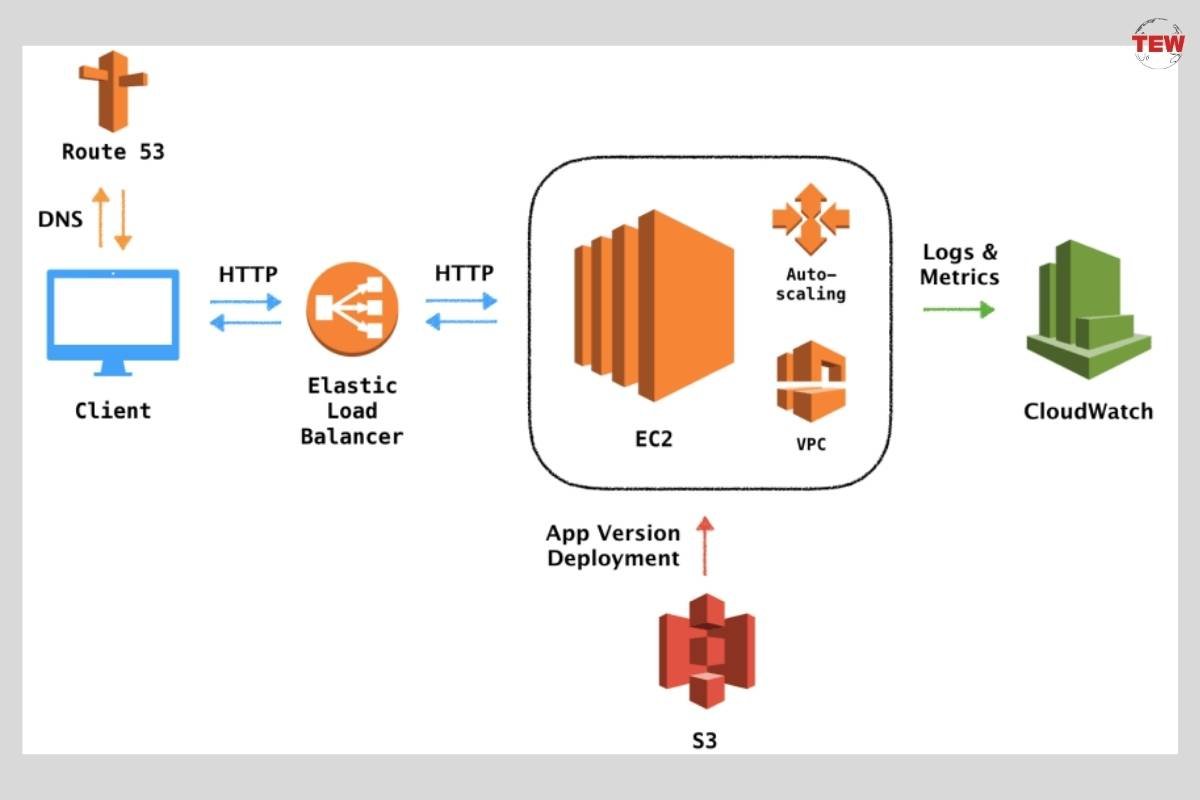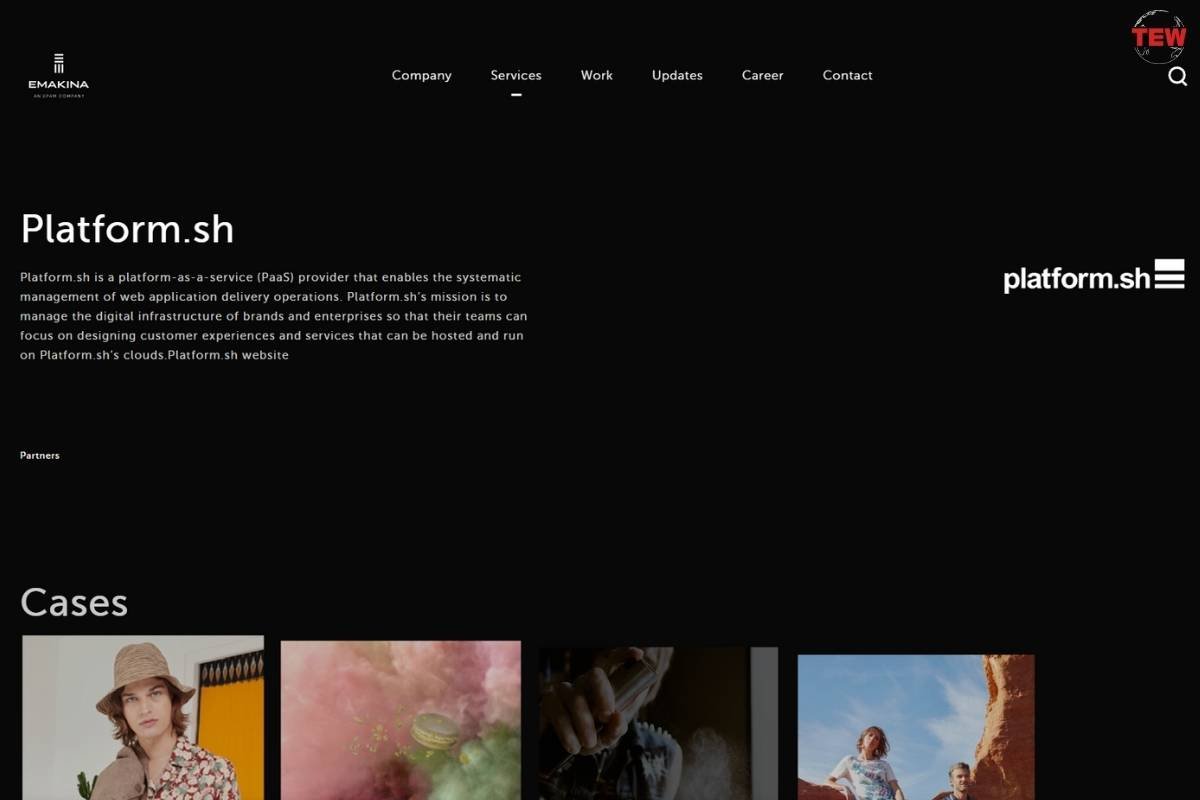Selecting the right platform for hosting web applications is a pivotal decision for developers and businesses alike. It influences not just the initial deployment but also the long-term maintenance and scaling of the application.
Heroku has been a go-to platform for many due to its simplicity and developer-friendly approach. However, as the market evolves, a variety of Heroku alternatives have emerged, each with unique offerings. This blog post aims to dissect these alternatives, offering a comprehensive guide to aid you in choosing the most suitable platform for your specific needs.
Heroku Alternatives Overview

(Source-ABSYZ)
Heroku is a cloud-based platform as a service (PaaS) that enables developers to build, run, and operate applications entirely in the cloud. It simplifies the deployment process, supports multiple programming languages, and integrates with a range of development tools, making it a favorite for startups and agile development teams. However, Heroku’s abstracted environment can be limiting for complex software stacks or when granular control is needed. Additionally, while Heroku’s pricing model is straightforward, it can become costly as applications scale, prompting larger businesses to consider alternatives that offer more cost-effective scaling options.
Factors to Consider When Choosing a Platform
The decision-making process for selecting a hosting platform should be methodical. Key considerations include cost-effectiveness, the ability to scale resources, user-friendliness, and the performance capabilities of the platform. Each factor can significantly impact the operational aspects of your application and, ultimately, the user experience. Additionally, the platform’s compatibility with existing tools, the availability of support and community resources, and compliance with industry standards are crucial. It’s also important to assess the long-term viability of the platform, ensuring it aligns with the projected growth and technological evolution of your application.
Heroku Alternatives
The landscape of Heroku alternatives is diverse, with platforms like AWS Elastic Beanstalk, Google App Engine, Microsoft Azure, DigitalOcean App Platform, and Platform.sh, among others. Each offers a unique set of features, pricing models, and performance optimizations that cater to different developer needs and application requirements. These platforms range from infrastructure as a service (IaaS) to platform as a service (PaaS) solutions, providing options for developers who need more control or prefer a more hands-off approach.
AWS Elastic Beanstalk

(Source-DEV-Community)
AWS Elastic Beanstalk stands out with its deep integration with Amazon’s ecosystem, offering extensive services and tools for developers. It automates the deployment process, including provisioning, load balancing, and auto-scaling. The pricing model is based on the resources consumed, which can be cost-effective for applications with variable workloads. Additionally, it offers easy integration with other AWS services, such as RDS for databases and S3 for storage, making it a versatile option for developers.
Google App Engine
Google App Engine provides a fully managed, serverless environment for deploying scalable applications. It supports popular languages and frameworks, and its pricing is based on actual usage, which means you don’t pay for idle resources. This can be particularly advantageous for applications with fluctuating traffic. Moreover, it seamlessly integrates with Google’s data analytics and machine learning services, allowing developers to enhance their applications with powerful capabilities.
Microsoft Azure App Service
Microsoft Azure App Service is a comprehensive offering that supports a wide range of programming languages, is integrated with Microsoft’s DevOps tools, and offers a global network of data centers. The service is scalable and has several pricing tiers, making it suitable for both small and large-scale applications. Azure also provides a rich set of features for enterprise-grade security, compliance, and hybrid cloud deployments, appealing to a broad audience.
DigitalOcean App Platform
DigitalOcean App Platform is known for its simplicity and developer-focused features. It provides a balance between ease of use and control over the deployment environment. The platform is designed to simplify the cloud computing experience, and its pricing is straightforward, with a range of options to suit different needs. DigitalOcean also emphasizes community support and provides a plethora of tutorials and resources, which is great for developers new to cloud services.
Platform.sh

Platform.sh is a PaaS that emphasizes continuous deployment and developer workflow. It is designed for teams looking for a robust, scalable hosting solution that integrates with their development pipelines. The platform’s pricing reflects the resources and services used, allowing for flexible scaling. Platform.sh also stands out for its environment cloning capabilities, enabling developers to create full-stack ephemeral environments for each Git branch automatically.
How to Choose the Right Platform for You?
Choosing the right platform requires a careful evaluation of your application’s requirements and a comparison of what each platform offers. Consider not only the current needs but also potential future growth. The right choice will balance cost, scalability, ease of use, and performance to support your application as it evolves.




